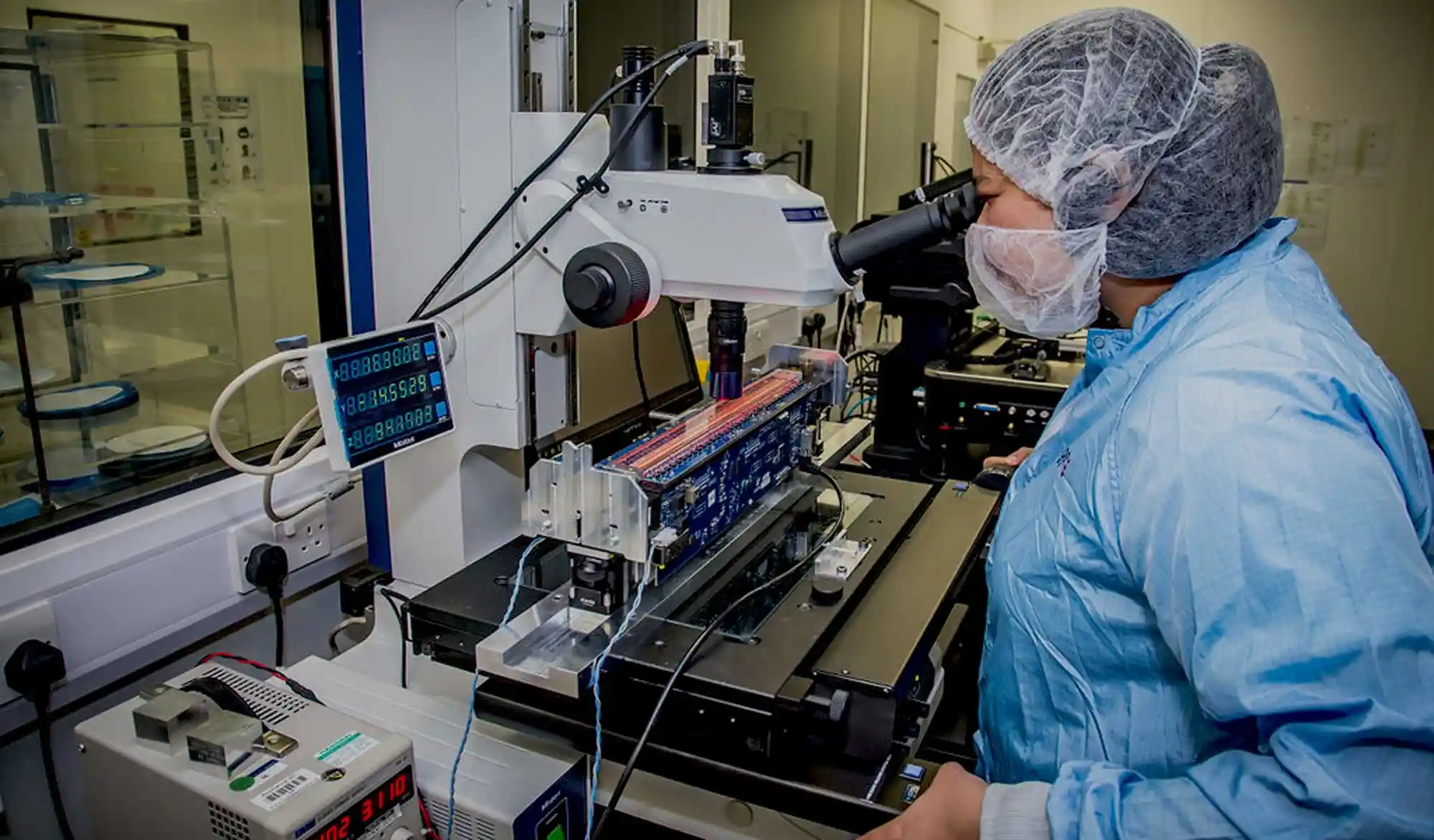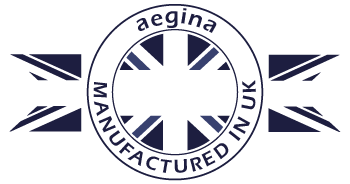As the world becomes more environmentally conscious, it’s crucial to consider the impact of boating on the environment. Boating is a significant contributor to greenhouse gas emissions and can harm the ecosystem. Sustainable boating practices can help to reduce our carbon footprint, protect the environment, and improve overall boating experiences. In this article, we will explore the importance of sustainable boating and provide tips on how boaters can reduce their carbon footprint.
Understanding Your Carbon Footprint
Before we delve into how to reduce our carbon footprint when boating, it’s essential to understand what a carbon footprint is. A carbon footprint is the amount of carbon dioxide and other greenhouse gases that are emitted by an individual, organisation, or product. When it comes to boating, emissions can come from fuel consumption, engine maintenance, and waste management.
Eco-Friendly Boating Practices
There are several eco-friendly boating practices that can help to reduce our carbon footprint and protect the environment.
Biodiesel and Electric Engines
Boaters can reduce their carbon footprint by using biodiesel or electric engines. Biodiesel is a renewable fuel made from vegetable oils, animal fats, or recycled restaurant grease. It’s a cleaner-burning fuel than traditional diesel and produces fewer emissions. Electric engines are another eco-friendly option, producing no emissions at all. They’re powered by rechargeable batteries and can be charged with solar panels or wind turbines.
Reduce Fuel Consumption
Reducing fuel consumption is another way to reduce our carbon footprint. Boaters can reduce fuel consumption by maintaining their engines and reducing their speed. Lowering the speed by just a few knots can significantly reduce fuel consumption and emissions. Planning ahead and avoiding unnecessary trips can also help to reduce fuel consumption.
Proper Waste Management
Proper waste management is crucial to sustainable boating. Boaters can reduce their impact on the environment by properly disposing of waste, including sewage, trash, and recyclables. Boaters should always follow local regulations and avoid dumping waste into the water.
Benefits of Sustainable Boating
Sustainable boating practices not only help to reduce our carbon footprint, but they also have several benefits for boaters, including cost savings, a cleaner environment, and improved safety.
Cost Savings
Sustainable boating practices can help boaters save money. Using biodiesel or electric engines can reduce fuel costs and maintenance expenses. Additionally, reducing fuel consumption can extend the life of the engine, reducing repair costs.
Cleaner Environment
Sustainable boating practices can help to protect the environment and preserve natural resources. Using eco-friendly engines and reducing fuel consumption can significantly reduce greenhouse gas emissions and pollution. Proper waste management can also help to keep waterways clean and free from harmful pollutants.
Improved Safety
Sustainable boating practices can also improve safety on the water. Maintaining the engine and reducing fuel consumption can reduce the risk of engine failure or other mechanical issues. Proper waste management can also reduce the risk of accidents and health hazards.
Aegina’s UV LED Water Purification Technology
In addition to the above practices, boaters can also reduce their carbon footprint by using Aegina’s UV LED water purification technology. The Class A system purifies water without relying on plastic bottles or harmful chemicals. The system uses low energy consumption compared to other technologies and can be powered by solar or wind energy, making it a sustainable solution for water purification.
Benefits of Aegina’s UV LED Water Purification Technology
Aegina’s UV LED water purification technology provides several benefits for boaters. Firstly, it reduces the need for single-use plastic water bottles, which are a significant source of plastic pollution in the environment.
Another way to reduce fuel consumption is to optimise the weight of the boat. Extra weight can cause the boat to use more fuel and emit more carbon emissions. Boat owners can reduce weight by removing unnecessary items or using lighter materials when possible.
Proper waste management is also a crucial aspect of sustainable boating. Waste can include anything from food scraps to sewage, and it’s important to dispose of it properly to minimise the impact on the environment. Boaters can use onboard sewage treatment systems or pump-out stations to properly dispose of waste. Additionally, boaters should always dispose of trash and litter properly and avoid dumping anything into the water.
Aegina’s UV LED water purification system is another key component of sustainable boating. By using Aegina’s system, boaters can purify their water supply without relying on single-use plastic bottles or harmful chemicals. The system is powered by solar or wind energy, making it a sustainable solution for water purification. Additionally, Aegina’s system uses minimal energy compared to other purification technologies, further reducing the boat’s carbon footprint.













